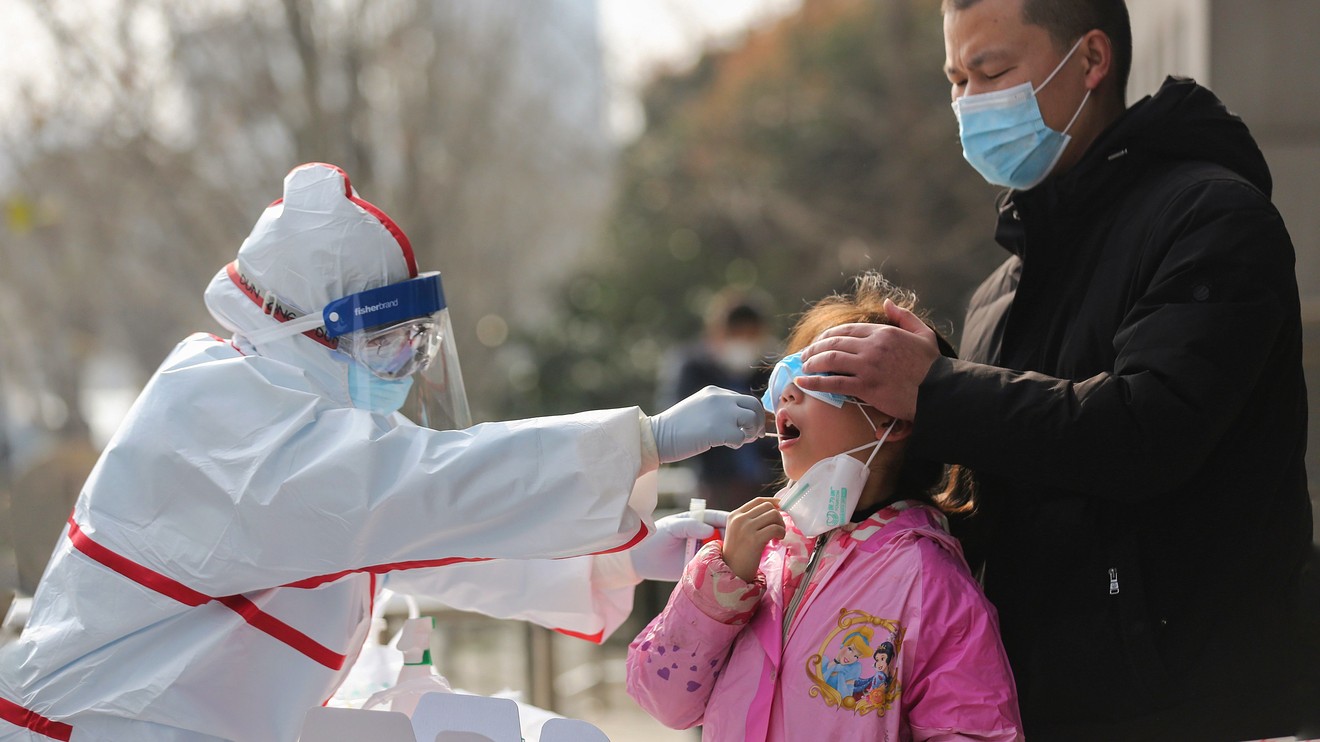A professor from the Ben-Gurion University of the Negev, Beersheba, Israel, has developed a breath test that can identify carriers of the coronavirus in less than one minute with more than 90% accuracy.
Prof. Gabby Sarusi is now validating the test that can be available at a dramatically lower price than any other method.
Clinical trials of the new test conducted in association with the Defense Ministry on more than 120 Israelis found a success rate of more than 90% compared to Polymerase Chain Reaction (PCR) tests.
“Right from the beginning of the trials, we received statistically significant results in line with our simulations and PCR tests,” Prof. Sarusi said.
The ongoing clinical trials will determine whether the test can identify a specific stage of coronavirus infection and its presence.
Prof. Sarusi said, “We are continuing clinical trials and will compare samples from COVID-19 patients with samples from patients with other diseases to see if we can identify the different stages of the COVID-19 infection.”
Prof. Sarusi developed a chip within the framework of BGU’s Coronavirus Task Force. Droplets from a simple breath test or nose or throat swabs, which are already currently used for other tests, are placed on the chip with a dense array of meta-material sensors designed specifically for this purpose.
The sensors use a cloud-connected system that can analyze the sample and provide a positive/negative result within a minute, making it simpler and easier than ever to diagnose the infection.
“We asked ourselves, since this virus is just like a nanoparticle or a quantum dot with a diameter between 100 nm to 140 nm in terms of its size and electrical properties, can we detect it using methods from the worlds of physics, photonics, and electrical engineering,” Prof. Sarusi explained.
“We discovered that the answer is yes, this virus resonates in the THz frequency, and spectroscopy in these frequencies reveals it promptly,” he added.
The researcher explained that each test kit would cost around fifty to one hundred dollars to develop, far less than the current laboratory testing.
Moreover, the test is electro-optical in nature so it is not sensitive to environmental factors that can affect the results of current testing methods.
Current COVID-19 test kits work by identifying the viral RNA sequences so they depend on costly reagents and biochemical reactions. The PCR-based kits take hours, or in some cases days, to yield results. Besides, they require complicated or high-risk handling and shipping of infectious biological samples.























